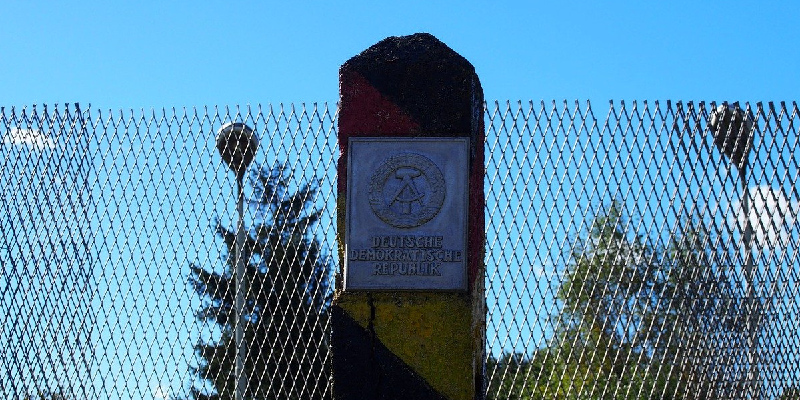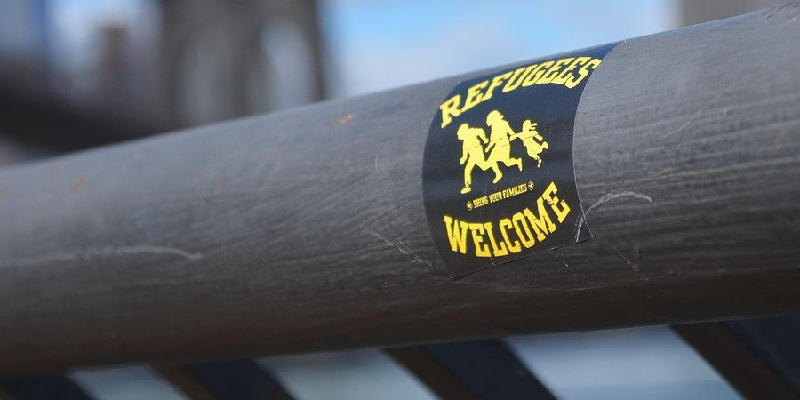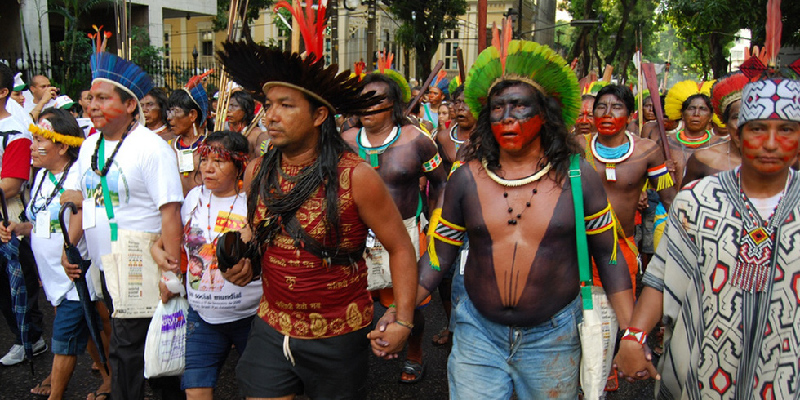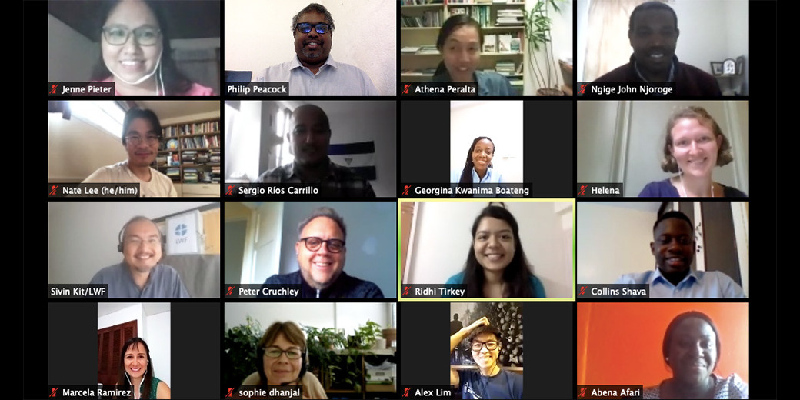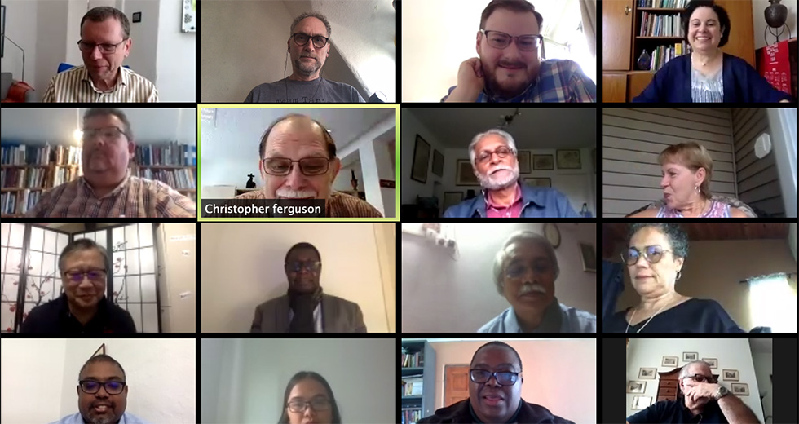Aktuelles
Aus den Landeskirchen >>>
Aus den Gemeinden >>>
Aus dem Reformierten Bund >>>
Kolumne >>>

from... - die reformierte App

Newsletter

Wir auf Facebook
WCRC: Global gathering of Reformed and Catholic theologians continues forty-year dialogue
“Justification and Sacramentality: The Christian Community as an Agent for Justice”
The theme of the current phase of the dialogue, which will conclude in 2017, is “Justification and Sacramentality: The Christian Community as an Agent for Justice”. Dialogue between the two communions at the international level began in 1970.
WCRC and the PCPCU hope that this round of conversations will build on what previous phases have already achieved, including a mutual recognition of the church as “creation of the word of God” (emphasized by the Reformed) and of the church as “sacrament of grace” (emphasized by the Catholics).
Another aim is to discern whether WCRC should “affiliate” with the Joint Declaration on the Doctrine of Justification (JDDJ). The JDDJ, signed by the Lutheran World Federation and the PCPCU on 31 October 1999 in Augsburg, Germany, was the outcome of thirty years of bilateral dialogue on a doctrine regarded by theologians as central to the disputes of the Reformation era. In 2006 the World Methodist Council affiliated itself with the JDDJ.
Last week’s meeting featured discussions of two sets of papers on themes approached from Reformed and Catholic perspectives. Reinerio Arce Valentín of Cuba presented a paper on “Justification and Sanctification in the Reformed Tradition”. Peter de Mey of Belgium read in absentia Mayer’s paper “Justification and Sanctification – A Response from a Catholic Perspective”. In their papers Dorn and Casarella addressed the theme, “The Prophetic Office and Authority in the Church”.
Martha Moore-Keish, of Columbia Theological Seminary in Decatur, Georgia (USA) and Kevin Rhoades, Bishop of the Diocese of Fort Wayne-South Bend in Indiana (USA) co-chair the dialogue. Douwe Visser, Executive Secretary for Theology, Mission and Communion for WCRC and Gregory J. Fairbanks of the PCPCU work in support of the two chair persons.
The Reformed participants included Reinerio Arce-Valentín (Cuba); Marina Ngursangzeli Behera (India); Christopher Dorn (USA); George Hunsinger (USA); George Sabra (Lebanon); and Lindsay Schlüter (Scotland). Benebo Fubara-Manuel (Nigeria) was unable to attend.
The Catholics were represented by Peter Casarella (USA), Peter De Mey (Belgium),William Henn, OFM cap. (USA/Italy) and Jorge Scampini, O.P. (Argentina). Annemarie Mayer (Germany) was unable to attend.
Next year the two groups of theologians will convene in Scotland for their fourth session. The themes slated for discussion are “Justification: Holy Communion/Eucharist and Justice” and “Justification and Justice: Sanctification/ Universal Call to Holiness”.
Pressemeldung der WGRK, 16. April 2013
Zukunftsmusik
Kathrin Oxen
Der biblische Zöllner Zachäus - und Steuerpolitik heute
Quelle: WGRK
'Solidarität als Leitprinzip'
ime/ref-info
'Ein Mangel an Respekt vor dem Wald'
Quelle: WGRK/ÖRK
Die Pandemie als 'Tor zu mitfühlenderen, gerechteren und ökologisch gesünderen Wegen'
Quelle: WGRK
Solidarität in Corona-Zeiten
Quelle: WGRK
Die Weltgemeinschaft Reformierter Kirchen sucht ihren nächsten Generalsekretär
Quelle: WGRK
'Was wir nicht brauchen, ist eine Rückkehr zur Normalität'
Quelle: WGRK
'Wir sind entsetzt'
Quelle: WGRK
'COVID-19 ruft uns zu einer theologischen und ethischen Erneuerung auf'
Quelle: WGRK



